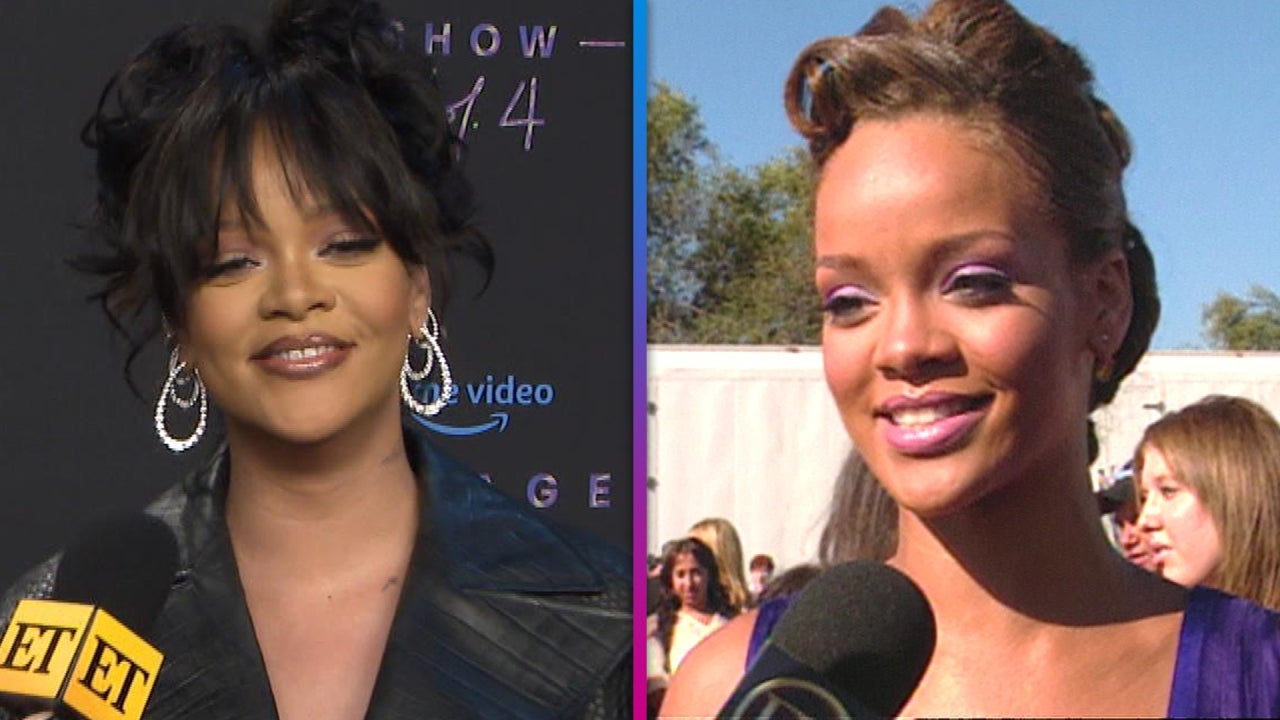When House of the Dragon premiered in 2022, the stench of Game of Thrones’ final, disappointing season hung over it. That probably worked in the spinoff’s favor, or at least it did for me. I came to the new show with relatively low expectations, and was pleasantly surprised by the first season prequel, based on George RR Martin’s faux history Fire & Blood.
Despite jarring chronological jumps that whisked us too quickly past important character development, season one successfully conjured a world roughly two centuries before Thrones. It put in place compelling characters like Rhaenyra Targaryen (Emma D’Arcy), her uncle/husband, Daemon Targaryen (Matt Smith), and her best-friend-turned-stepmother and fiercest enemy, Alicent Hightower (Olivia Cooke). It also unleashed some fierce dragon-on-dragon violence that resulted in the murder of Rhaenyra’s son Lucerys, thanks to Alicent’s malevolent one-eyed son Aemond (Ewan Mitchell).
The show’s second outing is both more cohesive and more disappointing, based on the four episodes I’ve seen—as if it’s either biding its time or preparing a launch pad for the back half of the season.
Season two joins the kingdom where we left it: on the brink of civil war. Queen Rhaenyra is in exile in Dragonstone, while Alicent’s creepy older son, Aegon (Tom Glynn-Carney), has taken up residence on the Iron Throne. Both sides are shoring up allegiances far and wide, which is why the first episode opens with the most aggressive Game of Thrones callback yet: a visit with Northern lord Cregan Stark (Tom Taylor) at the Wall. Rhaenyra’s son Jacaerys (Harry Collett) has come to ask the men of the Night’s Watch to fight on Queen Rhaenyra’s side. Although Stark pledges his support, he also explains that he has to hold his men back to keep the Wall fortified. Why? If you watched Game of Thrones, you can anticipate what Ned Stark’s ancestor will say: “Winter is coming.”
Meanwhile, Dragonstone is steeped in a sadness that seems to engulf the whole show. Rhaenyra and Daemon mourn the death of her son (who is his stepson) in very different ways. Daemon’s is fairly demented, of course, as befits his damaged character. Newly widowed dowager queen Alicent also seems gripped by loss and regret as she lights candles in the church for the many characters who have (in season one alone!) been lost. She has become one of the show’s most nuanced figures; like Rhaenyra, Alicent seems to understand what is at stake. “You must accept the path to victory now is one of violence,” her machiavellian father tells her. “That does not mean it must be wanton,” she answers firmly.
House of the Dragon sometimes feels like a corrective to Game of Thrones. Where Thrones often treated women’s naked bodies as accessories to be ogled and occasionally raped, Dragon declared its intention from the start to be more cautious about the use of sexual violence. Instead of graphic sex scenes, we got graphic childbirths in which the show’s writers drilled into viewers’ minds the perilous role of women in this barbaric world. “This discomfort is how we serve the realm,” Rhaenyra’s mother told a tomboyish Rhaenyra in season one just before her womb was slashed open in a futile attempt to save her male newborn. “The childbed is our battlefield. We must learn to face it with a stiff lip.”
Rhaenyra bears her ever-stiffer lip with grace. So does Alicent, whose father pimped her out to the king when she was still a teenager. Now that she is the mother of a king herself, Alicent still finds herself fighting to have a voice in the action. She is constantly ignored by her rogue sons, who act on their wildest impulses—usually with terrible consequences. “I would remind you that when princes lose their temper, it is often others who suffer,” says one of the few lowborn female characters. “Small folk like me.” The writers spend very little time on these small folk, though. There are too many royals and lords to keep track of as it is, and few of them have been given enough personality or backstory yet to make us care about them.
That is one of the central problems of House of the Dragon: I just don’t care about most of the characters the way I cared about (or at least delighted in) Thrones creations like Sansa, Arya, Jamie or even the Hound. Glynn-Carney has real fun with Aegon as a rogue teen who’s been handed power he doesn’t know what to do with, and Smith remains immensely magnetic (and confusing) as Daemon. But there’s not a single character with the wit of a Tyrion or the sting of a Cersei. Nor is there much in the way of meme-friendly one-liners a la “You know nothing, Jon Snow” or “The night is dark and full of terrors.” The writing drips with earnestness and on occasion even feels anachronistic, as when a character shouts, “Fuck dignity! I want revenge.” Did we make a sudden diversion into Beef?
Luckily, season two has strong performances from Cooke and D’Arcy to propel it forward, as Alicent and Rhaenyra try to thoughtfully navigate the kingdom’s chaos. And we can at least see some of the chaos. Last time around, many scenes were so murky that it was impossible to make out who was incinerating who. We could still use some extra lanterns or dragon’s breath for illumination, but the action in the second season is far more visible. It’s well done, too—there be battles and there be dragons—though there’s not quite enough of it. The key characters are waiting in their respective corners, and the endless political tug or war feels like scene-setting for something bigger to come. Winter may not be coming any time soon, but it’s enough to keep us watching.






